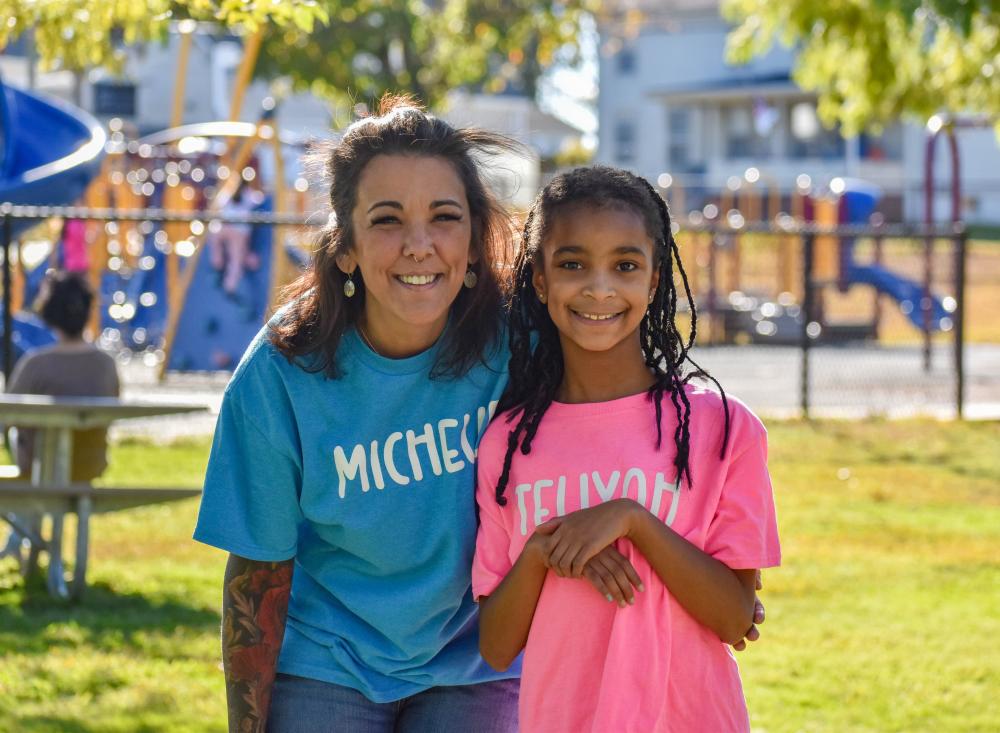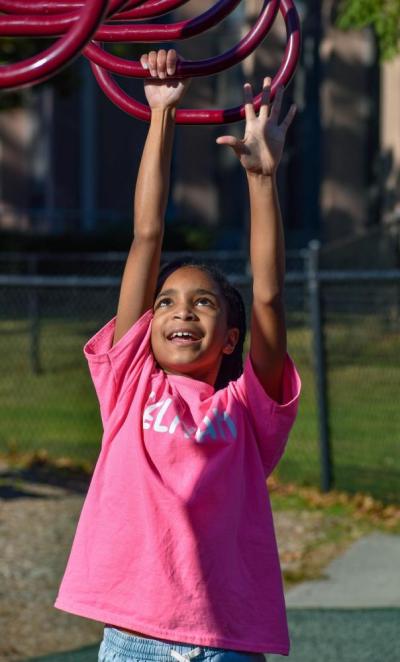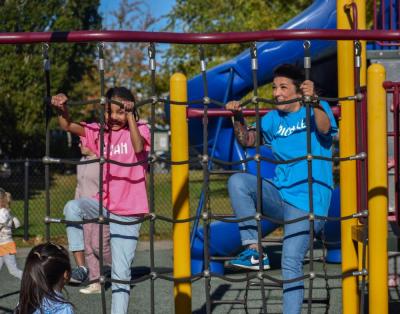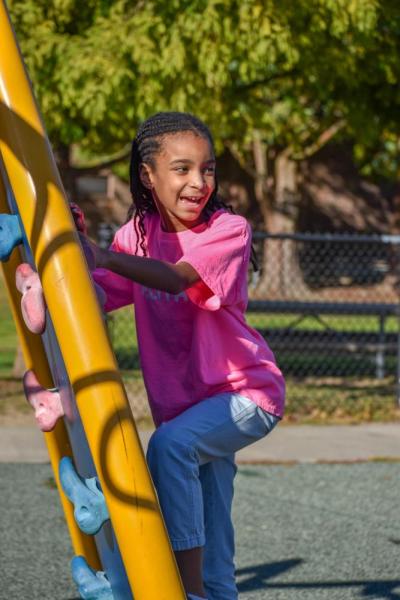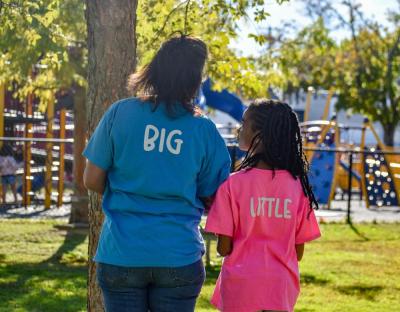Big hearts in short supply: Pairing highlights the value of mentorship
When Teliyah Burke was 5 years old, her mother decided to sign her up for the Big Brother Big Sister program, but she wouldn’t meet her match until four years later.
“I forgot about having a Big Sister,” Burke said when she finally learned of her match with Dartmouth’s Michelle Perry about a year and a half ago.
Though a bit nervous and feeling like she had no idea what she was doing, it turned out to be worth the wait.
“I’m happy,” Burke said, now 9 (and a half), reminiscing on her chats with Perry as well as trips to the movies, the park and out for ice cream — her favorite being strawberry, and sometimes cotton candy.
Big Brothers Big Sisters of Eastern Massachusetts is a one-to-one program that pairs “Bigs” with “Littles” that have shared needs and goals, serving over 100 matches in the South Coast region and over 3,000 in the Great Boston and Cape Cod areas, according to Rebecca Kerner, regional manager of the South Coast and Brockton.
There is currently one Little and six Bigs living in Dartmouth, but three kids who are still awaiting a match.
“Volunteerism has gone down significantly, even before the pandemic,” Kerner said. “It's just been a constant decline.”
She said she often hears the reason for not volunteering is the time commitment. However, the program only asks mentors to hangout with a child for two to three hours, twice a month.
Adding up to about 40 to 48 hours, Kerner said, “We're asking for really two days of your year to hang out with a kid in your community.”
Each pairing is also assigned a match support person, who can offer guidance.
The match process involves “extensive” interviewing to pull as much information as possible from families and mentors in order to align interests and goals, which will then coincide with the overarching benefits of mentorship, according to Kerner.
A year and a half into their match, Perry and Burke have been able to explore a lot of their shared interests, such as art.
Perry highlighted Burke’s great drawing skills, adding how she prefers activities where the two have time to chat.
However, Burke is a big fan of the movies: “I tell everybody this, TV is my destiny,” she said.
The two have been planning a number of outings, which will be parent approved, written up on slips of paper and mixed in a cup to be drawn for their next get together.
Perry and Burke are both big fans of dogs as well. Burke said she’s never had a dog, but wants to get poodles or yorkies one day. In the meantime, she wants to visit Perry’s three rescues.
Burke is a big sister herself, with two younger sisters at home. She said being a big sister is “tough, but also good,” as she sometimes struggles to help them both when they are asking for her.
Something she appreciates about her Big Sister Perry is that she keeps her safe.
Sharing a pizza at the park by the Southworth Library, Burke listed a number of food allergies she has, including eggs, peanuts and fish, which Perry is always sure to be mindful of.
“I really want to eat eggs because it smells so good,” Burke said. “The others — not so good.”
Not everyone has been as lucky as Burke and Perry though.
Perry said her son has also been waiting for a match, too. Though he had been in one, it didn’t end up being a good fit for him due to the age gap.
“They made us feel very comfortable saying if we weren't comfortable with the match,” she said.
Perry added, “We need more Bigs — we have Littles waiting.”
Kerner emphasized the mentorship is much more simple than it may seem and the program encourages outings that are low-cost and community-based. Those looking for more information on the program can visit emassbigs.org.
“Mentoring isn't scary,” she said. “It's really just showing up and being consistent.”



